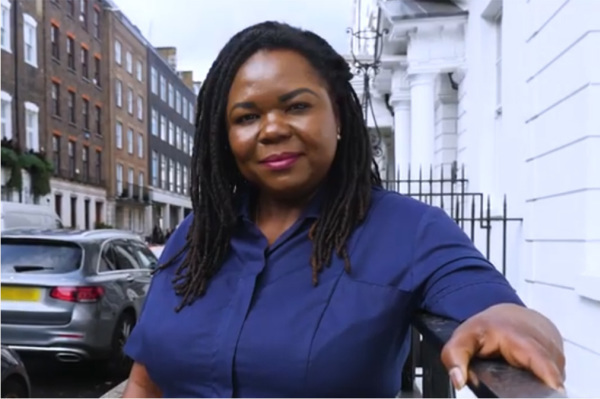Darfur Delegation Questions Real Progress of Agreement
WASHINGTON – Members of the delegation accompanying New Mexico Gov. Bill Richardson to Darfur have questioned the real impact of its recent agreement with the Sudanese president.
The agreement, reached by Gov. Richardson and Sudanese president Omar al-Bashir, was applauded for moving Darfur towards lasting peace; al-Bashir and rebel groups had agreed to a 60-day cessation of hostilities among other promises.
However, delegation members say recent events in the war-torn region raise doubts that Khartoum will actually follow through on its pledges.
“The early indication is not that positive,” stated Save Darfur senior international coordinator ambassador (ret.) Lawrence Rossin in a phone conference on Thursday.
“We have seen no change in the policies on access of journalists to Darfur, the humanitarian groups have seen no changes, and there is an unconfirmed report of a bombing raid on the rebel.”
Rossin was part of the Save Darfur delegation that visited Sudan Jan. 8-11.
Al-Bashir agreed to a 60-day cease fire, permission for the rebels to meet and reunify to come up with a negotiation position, commitment to humanitarian facilitation, and permission for journalist access among other concessions.
Despite specific vows made by the Sudanese government and rebel groups, the written agreement is not a treaty but rather the advocacy group Save Darfur and the governor hope it will be a platform for further official diplomatic negotiations for a sustain ceasefire in the region.
The Sudanese president’s action following the agreement is typical of his commitment to previous promises, according to Rossin.
Rossin gave as example al-Bashir’s recent permission for the U.N. three-phase plan to deploy up to 17,000 U.N. peacekeeping troops on the grounds in Darfur. The president since the first phase of the U.N. deployment has continuously gone back and forth on his agreement about U.N. troops in Darfur.
“If we want to call his (President al-bashir) bluff on a number of these issues we have to ante up to what he has accepted at least on paper and get to the point where he isn’t fulfilling what he agreed to,” Amjad Atallah, senior attorney with the Public International Law and Policy Group and advisor to the Coalition, commented during the conference.
Rossin noted that it is “so absurd and bizarre yet so potentially disastrous” that President al-Bashir might be chosen as the next president of the African Union, the underfunded peacekeeping troops currently in Darfur that the United Nation hopes to supplement with its own force.
“This would put the person who is carrying out the war in Darfur in the weird position of being the political commander of the African Union peacekeeping force and our partner in stopping the genocide that the government has been carrying out,” exclaimed Rossin. “It is too bizarre for words.”
Rossin called for an “end to talking about details,” which he said has been done for the last two years, and insisted on delivering a “clear message” to president al-Bashir, the Sudanese government, and in some cases the rebel groups that “they need to do it and they are expected to do it.”
“These people do not want to do these things. They are being made to do these things,” said Rossin, who said degrees of coercion and pressure are necessary. “Too long it has been as if we are dealing with interlocutors who really wanted to do these things but couldn’t find their way to do these things… And that is not the case.”
Atrocities in Darfur has killed over 200,000 people, forced more than 2.5 million people from their homes, and affected over 3.5 million people over the past three years. The Arabic Khartoum government is accused of supporting the Janjaweed, which is responsible for the widespread attacks against the African civilians in Darfur.
Geoff Tunnicliffe, the international director of the World Evangelical Alliance, responded to the agreement in a recent statement.
“We truly hope this process will lead to end the suffering of the people in Darfur,” Tunnicliffe said. "We have seen promises made before. We will continue to be vigilant in praying and advocating for and end to the genocide.”
WEA is a member of the Save Darfur Coalition and Tunnicliffe spoke at the nation’s largest Darfur peace rally in Washington last year.






















